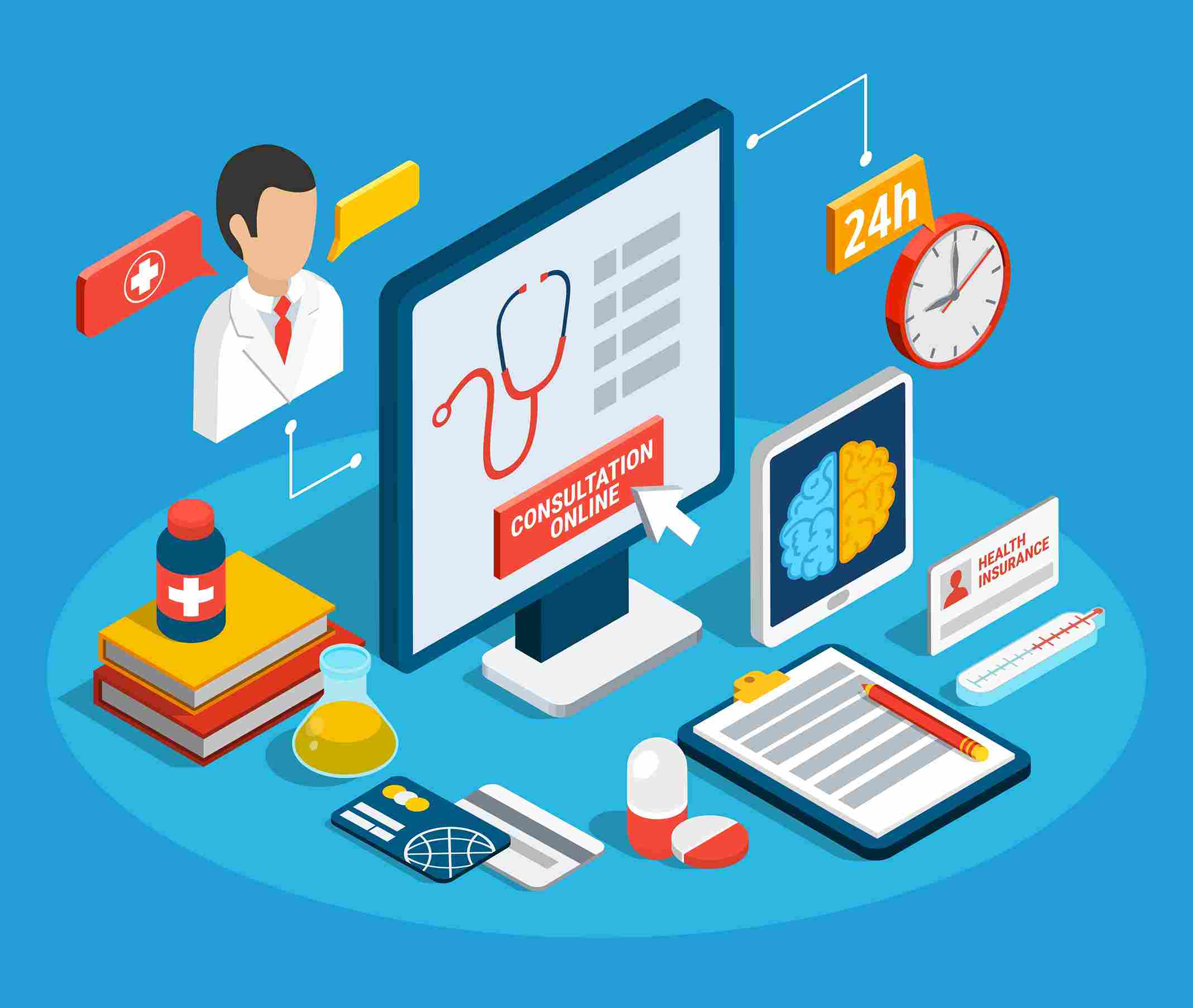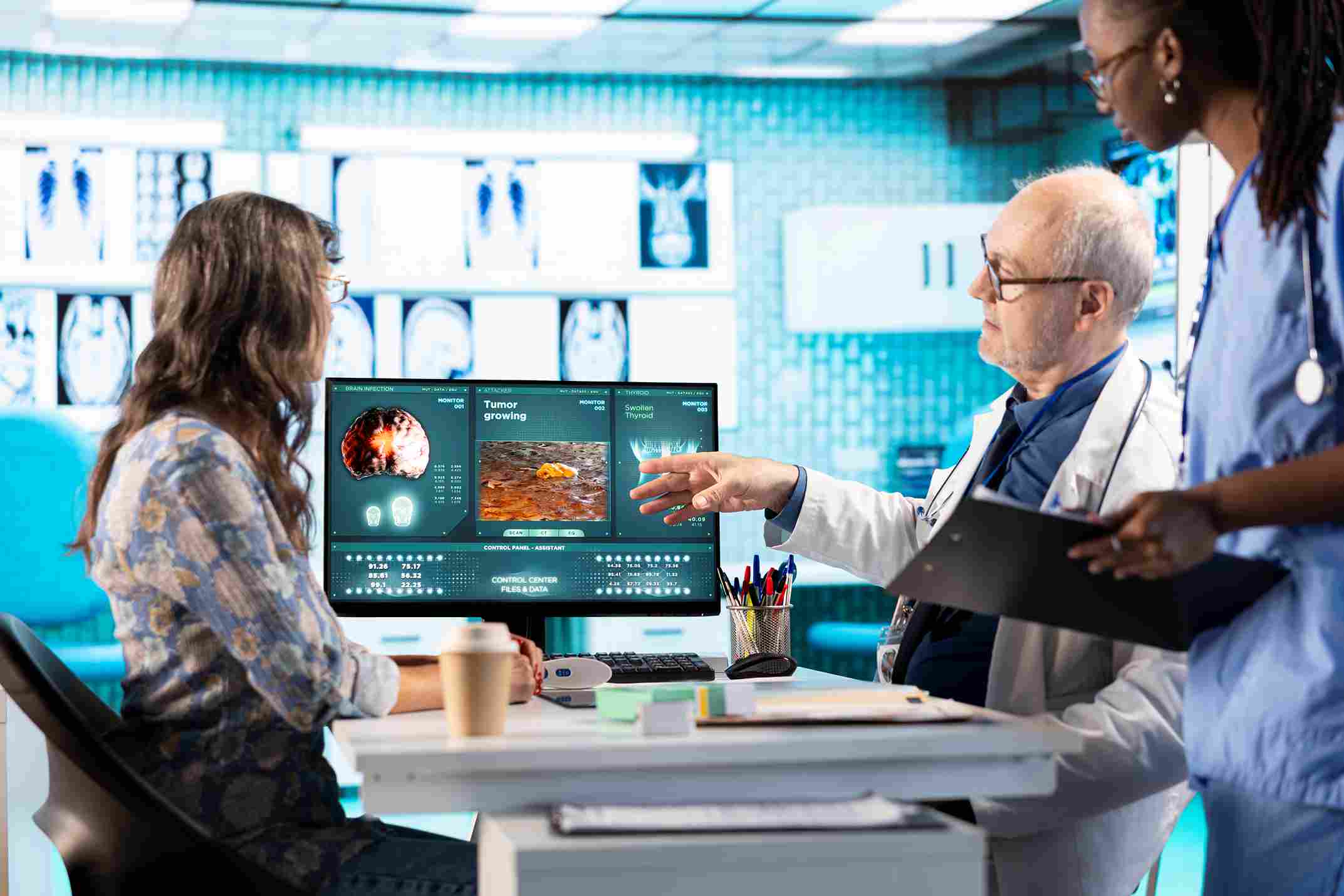
Choosing the right Hospital Management System (HMS) is a pivotal decision for any healthcare facility aiming to streamline operations, enhance patient care, and ensure regulatory compliance. With the digital transformation of healthcare accelerating, an HMS has become a necessity. But with a wide array of solutions on the market, what features truly matter? This comprehensive guide explores the essential features to look for in an HMS, helping you make an informed decision that supports both clinical excellence and operational efficiency.
1) Patient Management
A robust patient management module is the cornerstone of any effective HMS. This feature enables seamless tracking of a patient’s journey from registration to discharge, including admissions, transfers, and follow-ups. By centralizing patient data, hospitals can reduce administrative burdens, minimize errors, and ensure that every department has access to up-to-date information. The result is smoother patient flow, optimized bed occupancy, and improved patient satisfaction.
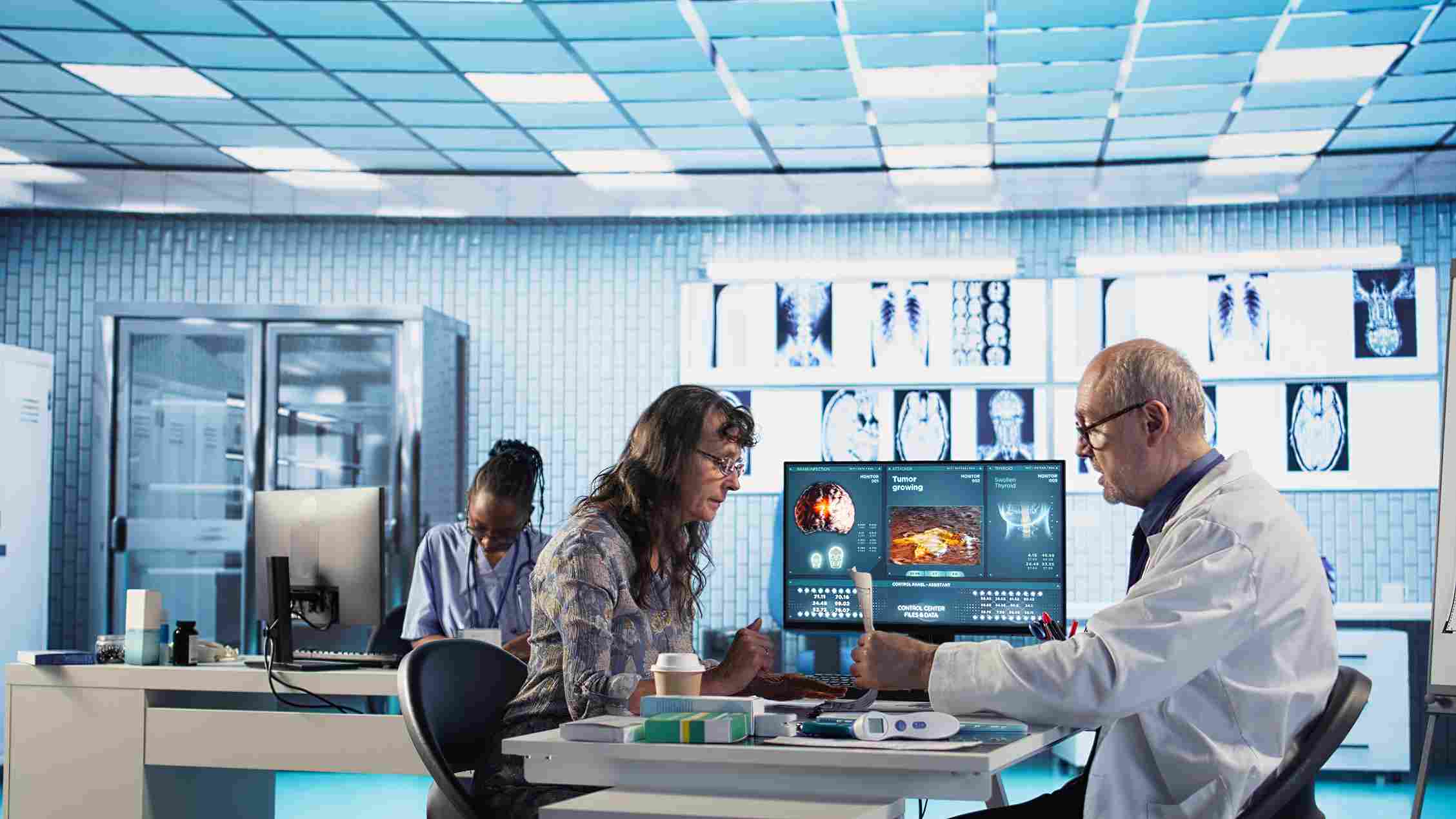
2) Electronic Medical Records (EMR) and Electronic Health Records (EHR) Integration
Digitizing patient records is fundamental to modern healthcare. An HMS should offer comprehensive EMR/EHR management, storing all clinical data – diagnoses, treatment plans, lab results, and prescriptions – in a secure, easily accessible format. This integration not only enhances care coordination and continuity but also ensures compliance with healthcare regulations and improves data privacy.
3) Appointment Scheduling
Efficient appointment scheduling is crucial for reducing patient wait times and optimizing staff workloads. Look for an HMS that allows both patients and staff to book, reschedule, or cancel appointments through intuitive interfaces or patient portals. Automated reminders, queue management, and calendar integrations further streamline the process, improving overall patient experience.
4) Billing and Financial Management
Accurate and transparent billing is vital for both patient trust and hospital revenue. An HMS should automate billing processes, manage invoices, track payments, and handle insurance claims seamlessly. Features like real-time charge capture, and integration with financial reporting tools help reduce errors, prevent revenue leakage, and ensure compliance with financial regulations.
5) Inventory and Pharmacy Management
Managing medical supplies and pharmaceuticals is critical to avoid shortages and wastage. An effective HMS tracks inventory levels, automates reordering, and provides real-time visibility into stock status. Pharmacy management features should support prescription tracking, medication dispensing, and integration with clinical workflows to ensure patient safety and regulatory compliance.
6) Laboratory and Radiology Management
A comprehensive HMS should streamline laboratory and radiology workflows, from test ordering to result delivery. Integration with lab equipment, automated result notifications, and digital report storage enable faster diagnostics and improved communication between clinicians and diagnostic departments. This reduces turnaround times and enhances the quality of patient care.
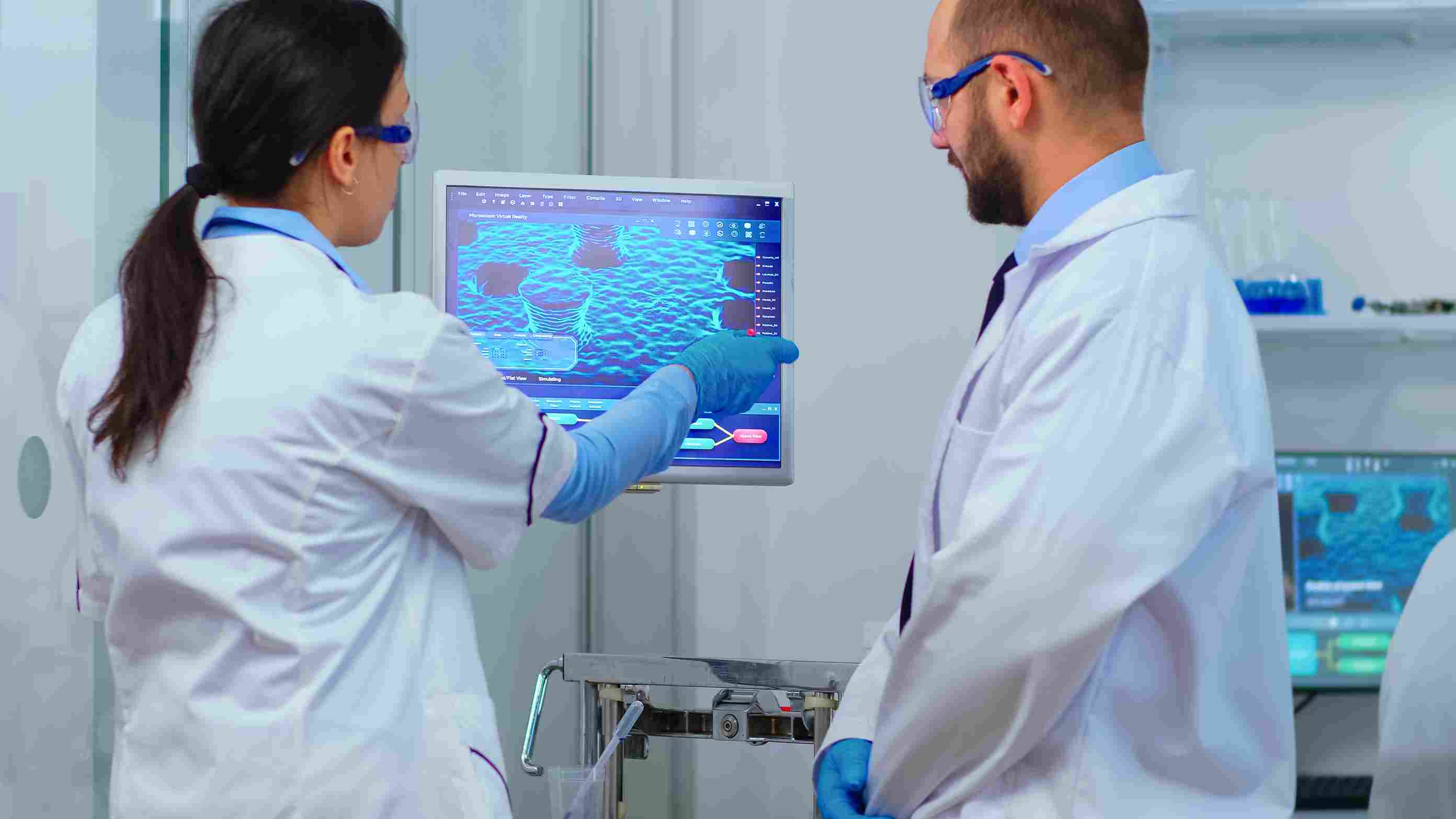
7) Staff and HR Management
Efficient staff management is essential for smooth hospital operations. Look for features that handle staff scheduling, attendance tracking, credential management, and payroll processing. A centralized HR module helps optimize workforce allocation, ensures compliance with labor laws, and supports performance evaluations, ultimately boosting staff productivity and satisfaction.
8) Data Analytics
Data-driven decision-making is a hallmark of leading healthcare organizations. An HMS should offer robust analytics and customizable reporting tools to monitor key performance indicators, patient outcomes, financial metrics, and resource utilization. Dashboards and visualizations enable administrators to identify trends, optimize operations, and drive continuous improvement.
9) Security and Compliance
Protecting sensitive patient data is non-negotiable. A top-tier HMS must incorporate advanced security features such as data encryption, role-based access controls, audit trails, and compliance with standards like HIPAA or local data protection laws. Regular security updates and user authentication protocols further safeguard against breaches and unauthorized access.
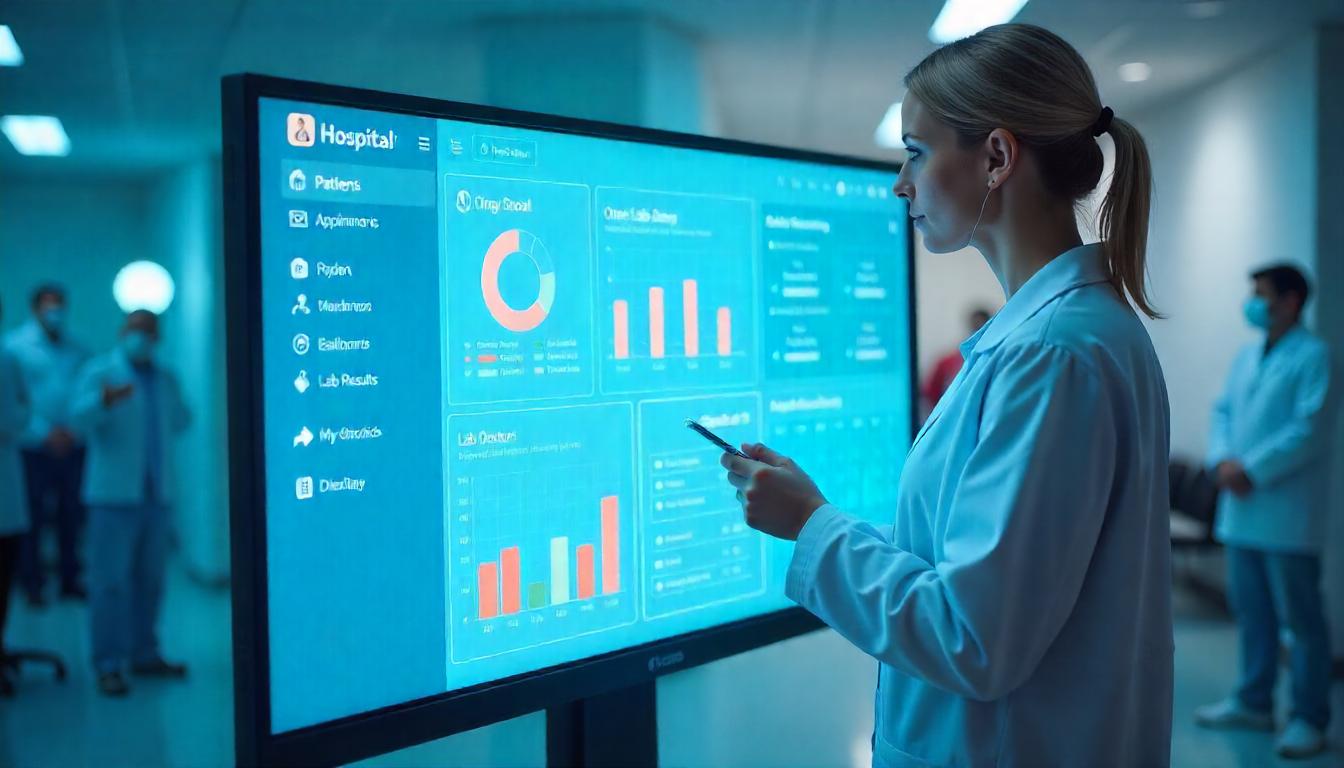
10) Communication and Collaboration Tools
Effective communication between departments, clinicians, and patients is crucial for coordinated care. An HMS should provide secure messaging, notifications, and collaboration tools to facilitate real-time information sharing. Patient portals, telemedicine integration, and mobile access enhance engagement and make healthcare delivery more flexible and responsive.
11) Decision Support Systems
Modern HMS platforms often include clinical decision support tools that assist healthcare providers with diagnosis, treatment recommendations, and alerts for potential drug interactions. These systems leverage data analytics and best practice guidelines to enhance clinical decision-making and improve patient outcomes.
12) Facility and Bed Management
Managing bed occupancy, room assignments, and facility resources is vital for operational efficiency. An HMS with facility management features enables real-time tracking of bed availability, patient transfers, and resource allocation across departments. This ensures optimal utilization of hospital infrastructure and reduces bottlenecks in patient care.
13) Insurance and Claims Management
Insurance processing can be complex and time-consuming. An HMS should streamline claims submission, validation, and tracking, making it easier for hospitals to manage insurance workflows and for patients to understand their coverage and out-of-pocket costs. Automated checks help reduce claim denials and accelerate reimbursement cycles.
14) Mobile and Remote Access
With the rise of telemedicine and remote care, mobile access to HMS functionalities is increasingly important. Ensure the system offers secure mobile apps or web portals for doctors, staff, and patients, enabling access to records, appointment scheduling, and communication from anywhere.
15) Scalability and Customization
Every hospital is unique, and your HMS should be adaptable to your specific needs. Look for solutions that offer modular architecture, allowing you to add or remove features as your facility grows. Customization options ensure the system aligns with your workflows, regulatory requirements, and future expansion plans.
Summary Table: Key Features of an HMS
| Feature | Why it matters |
|---|---|
| Patient Management | Streamlines patient flow and data tracking |
| EMR/EHR Integration | Enhances care coordination and compliance |
| Appointment Scheduling | Reduces wait times and boosts satisfaction |
| Billing & Financial Management | Ensures accurate billing and revenue cycle |
| Inventory & Pharmacy Management | Prevents shortages and supports safe medication practices |
| Lab & Radiology Management | Accelerates diagnostics and reporting |
| Staff & HR Management | Optimizes workforce allocation and productivity |
| Analytics & Reporting | Enables data-driven decisions and continuous improvement |
| Security & Compliance | Protects data and meets regulatory standards |
| Communication Tools | Facilitates collaboration and patient engagement |
| Decision Support Systems | Improves clinical decisions and patient safety |
| Facility & Bed Management | Optimizes resource utilization and patient flow |
| Insurance Management | Simplifies claims and accelerates reimbursements |
| Mobile/Remote Access | Supports telemedicine and flexible care delivery |
| Scalability & Customization | Adapts to changing hospital needs |
Selecting the right Hospital Management System is a strategic investment that shapes the future of your healthcare facility. The features outlined above are not just technical checkboxes—they are enablers of better patient care, streamlined operations, and sustainable growth. By prioritizing these key features, you position your hospital to thrive in a competitive and rapidly evolving healthcare environment.
When evaluating HMS solutions, involve stakeholders from all departments, assess your current and future needs, and choose a system that is secure, adaptable, and user-friendly. The right HMS will empower your team, delight your patients, and drive your hospital’s success for years to come.
